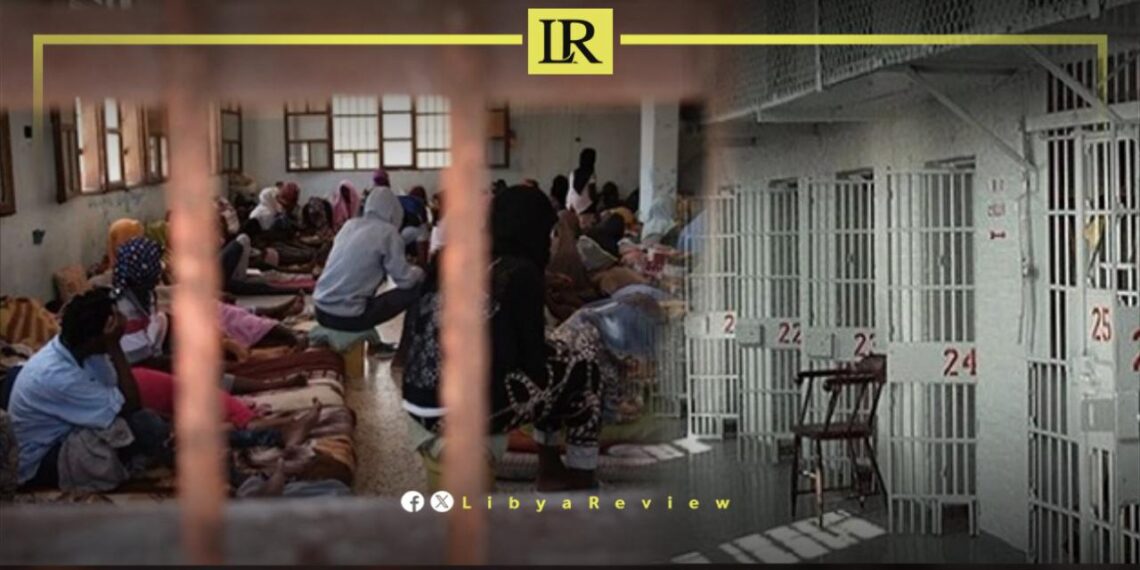A Moroccan association has raised concerns about prisoners held in Libya, including elderly individuals detained in centers outside the control of the state. These prisoners, many of whom lack definitive judicial rulings, attempted to migrate illegally to Europe and now accuse Moroccan authorities of failing to repatriate them.
The Ministry of Foreign Affairs, African Cooperation, and Moroccan Expatriates, along with consular authorities in Tripoli, have been criticized for ignoring the plight of hundreds of Moroccan inmates in Libyan correctional facilities. According to local Moroccan media, these prisoners are marginalized and excluded from receiving consular and judicial assistance.
Mohamed Hassan Al-Wathiq, executive director of the Libyan-Moroccan Friendship Association, said that the Moroccan Ministry of Foreign Affairs had previously allocated an annual budget for judicial assistance to Moroccans in Libya. However, only one person benefited from this assistance in 2012.
Al-Wathiq highlighted that many inmates in Libyan reform institutions endure severe hardships and live in dire conditions without any attention from the consular authorities. He pointed out cases of individuals detained in “detention and arrest centers outside the control of Libyan authorities, managed by extremist groups.”
Elderly Moroccans have spent long periods in Libyan prisons without judicial rulings. Some are implicated in human trafficking and extremism cases, necessitating intervention to appoint lawyers and clarify the circumstances of their detention.
Moroccan anger was further fueled by recent meetings held by the Libyan Ministry of Interior with representatives from several countries to discuss transferring foreign prisoners to their home countries. Morocco did not participate in this initiative.
On Sunday, Moroccan Consul General in Benghazi Saeed Benkirane discussed the prisoners’ issue with Abdul Hadi Al-Hwaij, Minister of Foreign Affairs and International Cooperation of the Parliament-designated government, at the ministry’s headquarters in Benghazi. Al-Hwaij denied the presence of any Moroccan detainees or prisoners in areas controlled by the Libyan government and welcomed Moroccan nationals to work and reside in Libya.
The Moroccan community in Libya had previously expressed concerns about a new decision by the Government of National Unity regarding foreign entry and residence regulations. The decision includes increased fees for obtaining and renewing visas and residence permits, along with a fine of 500 dinars per month for overstaying.
Since the fall of Muammar Gaddafi in 2011, Libya has been engulfed in chaos, with various factions vying for control. The country remains divided between the Government of National Unity (GNU) in Tripoli and the Libyan National Army (LNA) led by Field Marshal Khalifa Haftar in the east. The instability has led to numerous human rights abuses, including the detention of migrants and refugees under harsh conditions.
Many Moroccans, attempting to migrate to Europe, have found themselves caught in this turmoil, ending up in Libyan detention centers. These centers are often overcrowded and under-resourced, with reports of abuse and neglect.
The Moroccan government has faced criticism for its perceived lack of action in addressing the plight of its citizens abroad. The situation of Moroccan prisoners in Libya has become a focal point for human rights activists and organizations advocating for the rights of migrants and detainees.


